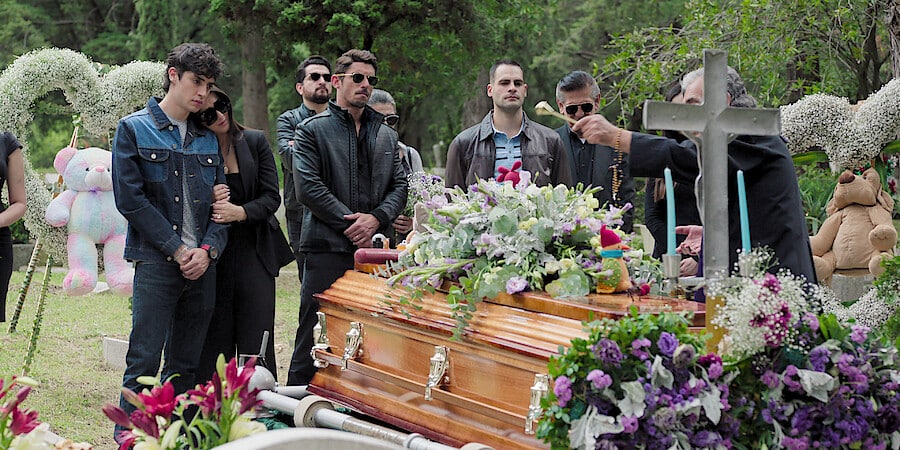In the blink of an eye, a car crash can alter lives forever. Understanding the aftermath of “The Accident” is crucial for anyone involved in or affected by such an event. This article (Erik Hayser) aims to provide a clear overview of what to expect and how to proceed after a traffic collision.
Immediate Steps to Take
The first few moments following a car crash are critical. Ensure your safety and the safety of others by moving out of traffic if possible. Turn on hazard lights to alert other drivers. Check for injuries and call emergency services immediately if anyone is hurt. Even if there are no visible injuries, it’s wise to get a medical check-up as some injuries may not be immediately apparent.
Erik Hayser: Collecting Necessary Information
Once safety is secured, gather essential information from everyone involved. This includes names, contact information, insurance details, and vehicle registration numbers. Take note of the accident’s time, date, and location, as well as weather and road conditions. If there are witnesses, ask for their contact information too, as their accounts can be invaluable later.
Documenting the Scene
Documenting the scene is a crucial step in the aftermath of a traffic collision. Use your smartphone to take photos of the vehicles, any damage, license plates, and the surrounding area. These images can serve as vital evidence for insurance claims and any potential legal proceedings.
Erik Hayser: Reporting “The Accident”
It is essential to report the accident to the police, regardless of its severity. A police report provides an official account of the incident, which can be beneficial for insurance purposes. Be honest in your statement but avoid admitting fault or placing blame, as this is best left to the authorities and insurance companies to determine.
Navigating Insurance and Repairs
After reporting the accident, contact your insurance company to start the claim process. Provide them with all the collected information and documentation. Your insurer will guide you through the next steps, which may include vehicle repairs, rental car arrangements, and discussions about coverage.
Erik Hayser: Emotional and Legal Considerations
The aftermath of a car crash isn’t just physical and logistical—it can also be emotional. It’s normal to experience shock, anxiety, or guilt. Seeking support from friends, family, or a counselor can be helpful. Additionally, if legal issues arise, consulting with a lawyer who specializes in traffic collisions may be necessary to protect your rights and interests.
Understanding the aftermath of “The Accident” and knowing how to respond can significantly alleviate the stress and confusion that often accompany such events. Being prepared and informed helps ensure that you can navigate the situation more effectively, allowing you to focus on recovery and moving forward.


